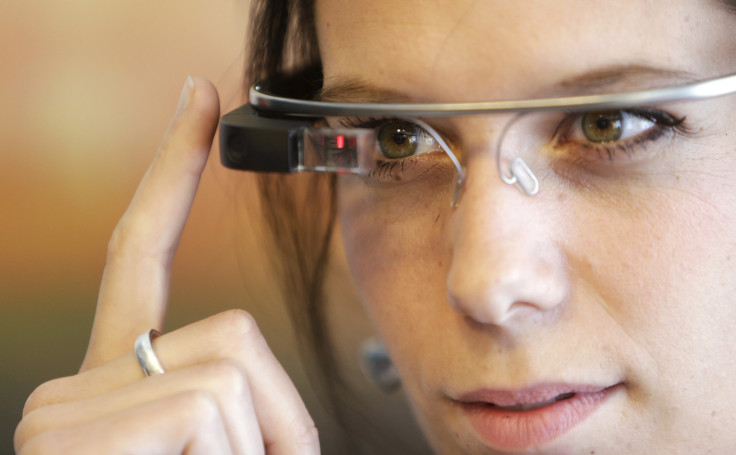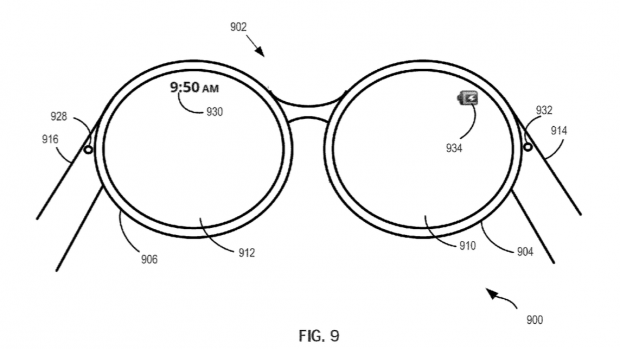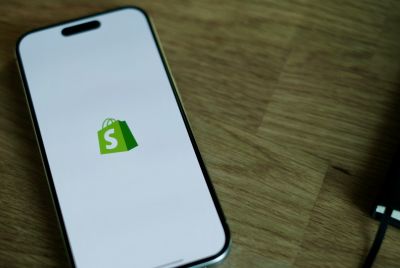Google patents device to record and store videos of all your life experiences in the cloud

Google has patented a new device that will sit on Google Glass and record important moments of your life, so that you can relive them again and again. According to a filing published by the US Patent and Trademark Office, Google wants to create a device that would record video and audio, uploading it into the cloud for viewing later on.
The internet giant also wants to be able to search the videos captured and identify people and places in your videos, such as family and friends, so that you can later search for a specific memory with someone. The patent explains that if there is a database of shared video memories in the cloud, then in theory your friends to ask to see what you have been up to on a night out, or to see what it was like when you climbed a mountain or went on holiday to an exotic location.
The database could also contain the experiences of people witnessing news events, so rather than using your phone to take a video which you then share on Facebook or Twitter, your experience would be searchable to anyone trying to find video and audio footage from that specific event. This would function like a collective consciousness.

Google Glass isn't hugely popular, so such a device could make it more useful. However, do we really want to remember everything we experience, and do we want everyone else to be able to see our memories ? If you've seen Charlie Brooker's sci-fi TV show Black Mirror where people have a device implanted inside them that lets them rewatch all their experiences over and over again, then you might not be too keen on this memory camera device.
The concept of the patent comes across as Orwellian in nature, and if realised, could be the beginning of the end of privacy. Having such a database would mean that your wife could check out what you were doing on a night out with your mates, or your boss could spy on what you're up to on your day off.
On the plus side, Google is always patenting crazy inventions, from space elevators to extending human life, to giving robots personalities, and a patent is no indication of how feasible it is to create an invention. Fingers crossed, the memory camera and database might well stay as a figment of our imaginations.
© Copyright IBTimes 2025. All rights reserved.





















